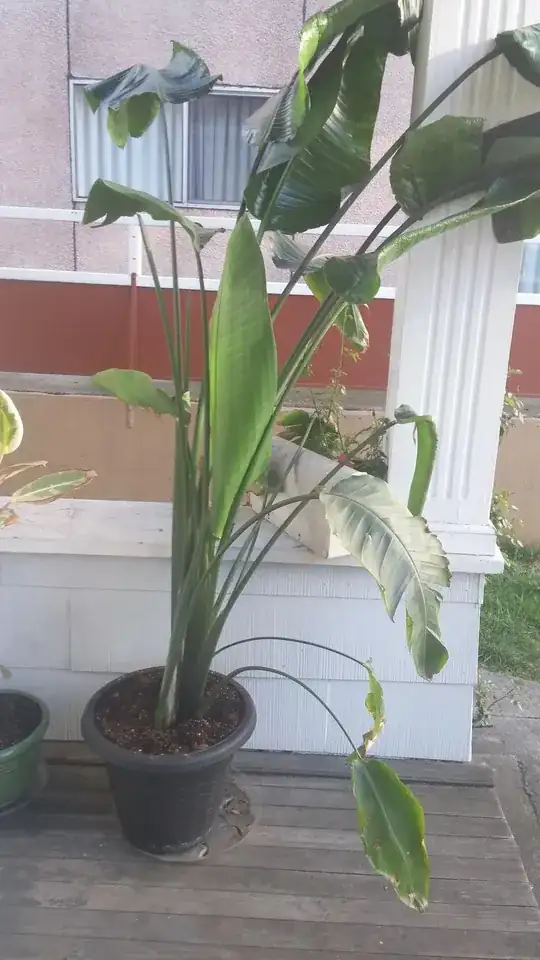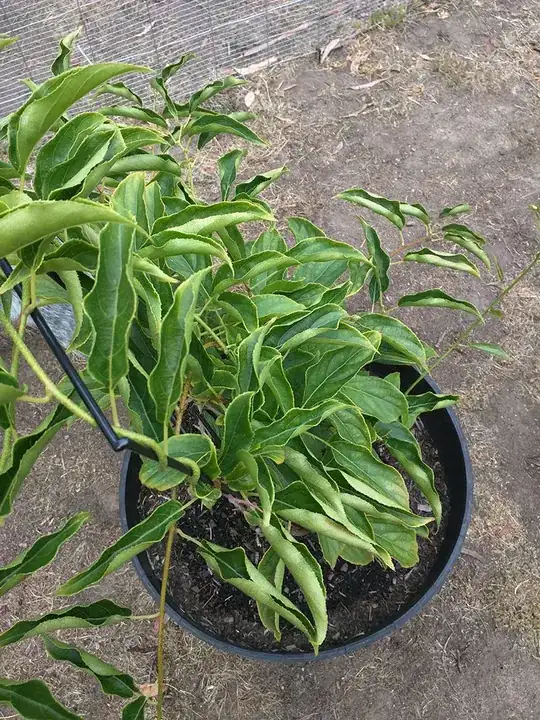I and my colleague faced an unexpected problem during the mixing of a new compost ingredient today. We found an unexpected and unknown material left by a previous farm intern. We recognize the ingredient by the type of bag holding it, but apparently someone filled this bag with something other than what it normally holds. Please see the photo:
Another close-up image after spending half-day in a compost bin (slightly dissolved and contaminated with other compost ingredients)

Does anyone recognize what is it? It looks like some kind of hamster bedding to me, but I am not sure. Also, it does not have the smell of cat litter from my olfactory memory. It is easily crushed into a powdery substance.

